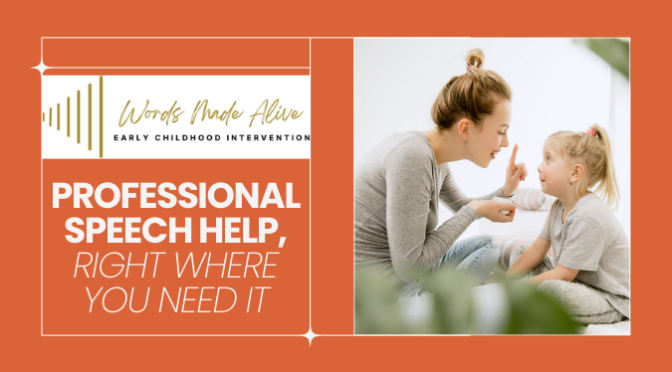Speech pathology plays an important role in helping children overcome social communication challenges. This NDIS-funded program available in Melbourne and other regions effectively focuses on improving speech and helps children struggling with interacting or expressing themselves in social settings. With this transformative therapy, children not only develop communication skills but can also develop relationships with others and navigate their day-to-day lives with confidence.
What Are Some of the Challenges That Children Face?
Children with autism spectrum disorder (ASD), developmental language disorder (DLD), or intellectual disabilities experience an array of difficulties in communicating with others in social places. Speech therapists in Melbourne work with them and identify them to help them methodically.
Some of the typical challenges that children with these developmental disorders face are:-
- Staying in seclusion during social events
- Unable to express problems to their loved ones
- Exhibiting disruptive behaviours due to the lack of communication skills
- Staying silent in social settings such as group activities
These problems require intervention. Otherwise, these difficulties can lead to frustration, social isolation, and anxiety which can impact mental well-being.
What Role Does Speech Pathology Play?
To address these challenges, speech pathology in Melbourne is required since qualified therapists and pathologists develop tailored strategies to enhance social communication skills.
To help overcome the challenges, professionals help:-
Develop Foundational Communicational Skills
Speech pathologists identify the problems that children face and then plan methodologies to develop foundational communication skills. They focus on vocabulary, creating basic sentences and improving speech clarity. By developing these capacities, children gradually learn to interact with others in social places.
- Engage in Social Communications
Speech therapists use play-based therapy to help children engage in conversations. They train them to take turns and interpret social cues through role-playing scenarios. Some of the examples are helping children to ask questions, practice greetings, or participate in group activities.
- Develop Non-Verbal Communication
Only emphasising active communication partly helps children overcome challenges. So, speech therapists assist them with non-verbal communication, such as making facial expressions, eye contact, and gestures. These constitute social interaction and help children recognise and use these cues effectively. In doing so, they can develop meaningful connections with others.
- Learn with Tools
For children with minimal verbal skills, speech pathologists use AAC tools like picture boards and other speech-generating devices to help them express themselves and participate in social gatherings.
- Regulate Emotions
Melbourne speech therapists and pathologists work on expressing emotions during social communication. They help children identify their feelings and recognise the emotions of others to promote self-regulation and empathy.
- Families and Educators
To achieve better results, speech pathologists work with the parents of the children, their carers, and teachers. They ensure consistency across home, school, and the community besides providing strategies and resources that help adapt to everyday situations.
- Final Words
Through speech pathology, children can indeed overcome social communication challenges and overcome barriers to reach their full potential. Therapists and pathologists address these issues in the initial stage to assist children in communicating seamlessly with others in community environments.
We Are Speech pathologists near You
If you are searching for organisations with the keywords speech pathology near me, it’s time to stop and contact Words Made Alive. Call us or connect with us online by filling out the form on the Contact Us page.
 For a free consultation:
For a free consultation: 







